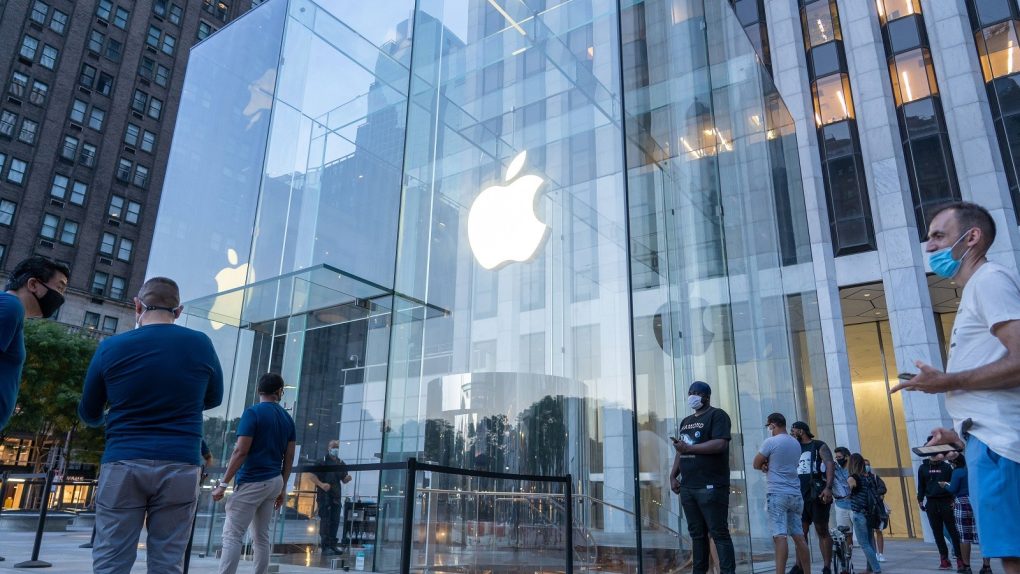- Apple today agreed to pay $113 million to settle lawsuits filed by more than 30 states over Apple throttling performance on iPhones with older batteries.
- Apple previously agreed to pay $500 million to settle several class-action lawsuits levied by consumers.
- Apple admitted no guilt as part of the settlements and maintains that its actions were designed to prevent devices from unexpectedly shutting down.
For years, Apple cynics alleged that the company purposefully slowed down performance on older iPhone models to coerce consumers to upgrade and buy newer devices. This argument was naturally dismissed by almost everyone as nothing more than an unfounded conspiracy theory. Crazy enough, Apple in 2017 admitted that it does, in fact, throttle performance on older iPhone models, a revelation that led to an avalanche of lawsuits.
Earlier this year, Apple agreed to pay $500 million to settle a number of class-action suits brought on by consumers. And just this week, Apple agreed to pay $113 million to settle dozens of lawsuits levied by states across the country.
Today’s Best Deal

“Investigators from 34 states and the District of Columbia, including Democratic and Republican attorneys general, joined the settlement,” The Washington Post notes. “Apple declined comment for this story, and its agreement with the states does not require it to admit guilt. The company in 2018 tweaked its settings to make its battery-management practices clearer to users.”
It’s worth noting that Apple’s throttling behavior, however, had nothing to do with trying to increase iPhone sales. On the contrary, Apple explained that its behavior was designed to prevent iPhones with older batteries from unexpectedly shutting down when under a heavy load.
A letter Apple published at the time read:
About a year ago in iOS 10.2.1, we delivered a software update that improves power management during peak workloads to avoid unexpected shutdowns on iPhone 6, iPhone 6 Plus, iPhone 6s, iPhone 6s Plus, and iPhone SE. With the update, iOS dynamically manages the maximum performance of some system components when needed to prevent a shutdown. While these changes may go unnoticed, in some cases users may experience longer launch times for apps and other reductions in performance.
Customer response to iOS 10.2.1 was positive, as it successfully reduced the occurrence of unexpected shutdowns. We recently extended the same support for iPhone 7 and iPhone 7 Plus in iOS 11.2.
Of course, when a chemically aged battery is replaced with a new one, iPhone performance returns to normal when operated in standard conditions.
Apple’s explanation predictably fell on deaf ears, if only because the company was rightfully chastised for not being transparent about what it was doing behind the scenes.
As something of a peace offering, Apple, in the wake of this controversy, temporarily reduced the price of its out-of-warranty battery replacement program from $79 to $29.








